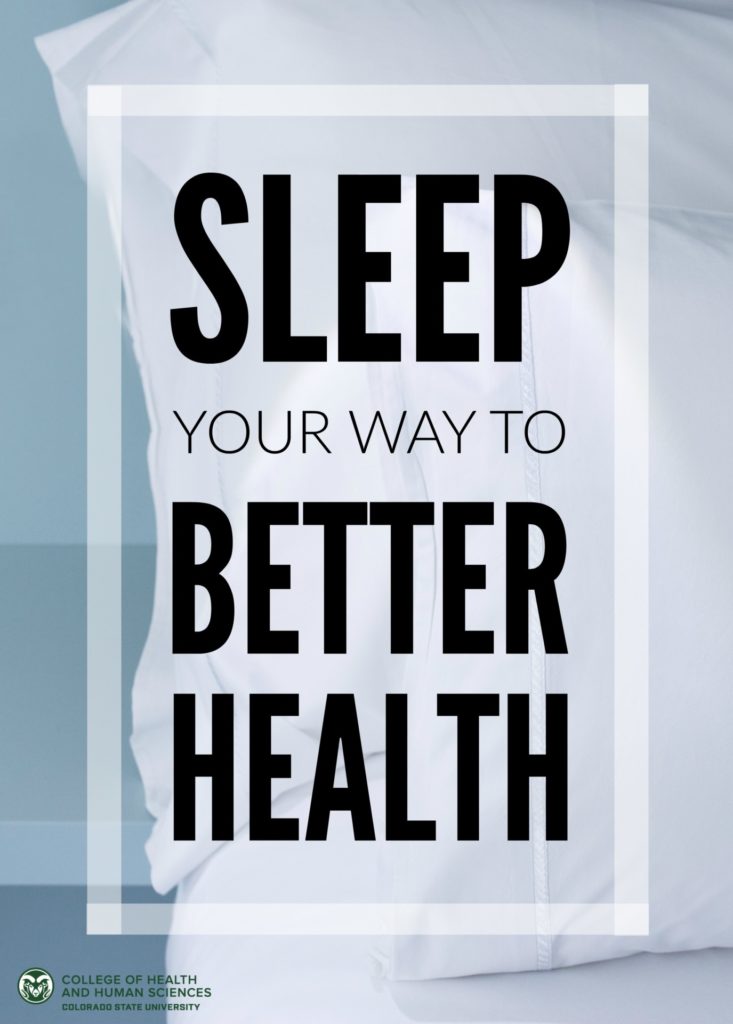It is easy to forget that health and overall well-being are a combination of many factors when diet and exercise get most of the attention. Health is not merely the absence of disease, but rather it is a quality of life outcome that is influenced by everything from diet, exercise, stress management, social relationships, financial stability, sleep quality and more. We may not be able to entirely sleep our way to good health, but it’s certainly a good place to start. Making sure we get enough quality sleep can have drastic impacts on our overall health.
Sleep is a time for the body and its restorative properties to work. Sleep deficiencies have been linked to an increased risk of heart disease, diabetes, obesity and kidney disease. Tissue repair and development occur primarily during the sleep cycle, especially during deep sleep. Hormone regulation, growth, and immune system function are all enhanced with adequate sleep. There is a spectrum for everyone, but it’s recommended to aim for 6-8 hours of sleep a night. Also remember that sleep is a necessity – not a luxury. Often it is the first place we draw time from when needing it for other tasks. To help remind yourself to go to bed a reasonable hour, consider setting a bedtime alarm, just like the one you set for the morning.
Brain Function
Studies show that during sleep the brain is forming new pathways to better help learn and retain information. The learning ability can be applied to traditional school subjects, problem solving, attention, decision making, and tasks like playing sports or musical instruments. Difficulty sleeping has been shown to have some adverse effects on controlling emotions, coping, and partaking is risky behavior. It often leaves people experiencing mood swings and a lack of motivation. One way to improve your quality of sleep is to create an evening or unwinding ritual that helps you prepare for bed and get to bed on time. This could mean stopping screen activities 30 minutes to an hour before bed, stretching, or creating a face washing and tooth brushing routine that triggers your body to slow down and destress before sleep. This activity can help to prevent what some feel like is an inability to turn their brains off.
Daily life
Sleep deficiencies have been shown to alter your driving ability just as much as, if not more, than drunk driving. Emphasizing the point that sleep, or a lack there of, isn’t only an individual problem. It can have deleterious effects on a large scale. Productivity decreases and the number of mistakes made increases when sleep deficient. This can occur after as little as one single night of poor sleep, but it especially occurs after experiencing chronic sleep disruption. Exercising daily can have a positive impact on your sleep habits and sleep quality. Exercise shouldn’t occur at the expense of sleep, however, and can be performed any time of day. Generally, you’ll want to avoid exercising within an hour or two of bedtime. This can be any form of exercise, too, from light to vigorous. People who meet the guideline of 150 min per week of exercise report a better-quality sleep and feel less sleepy during the day.
By Kimberly Burke
Kimberly Burke is the director of the Adult Fitness Program at Colorado State University, an outreach program through the Department of Health and Exercise Science. Adult Fitness offers exercise opportunities for employees of CSU as well as community members, while providing hands-on learning experiences for health promotion students. To learn more, see http://hes.chhs.colostate.edu/outreach/adultfitness/
For more great health tips visit the College of Health and Human Sciences Pinterest board.
